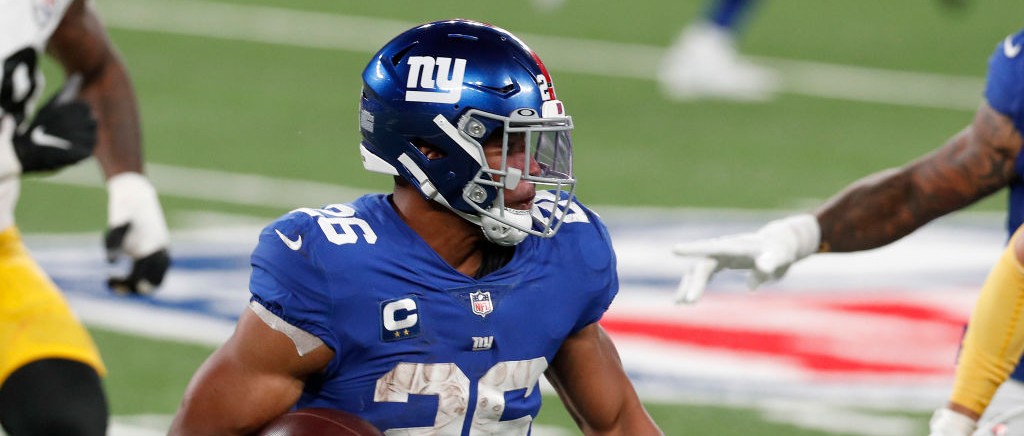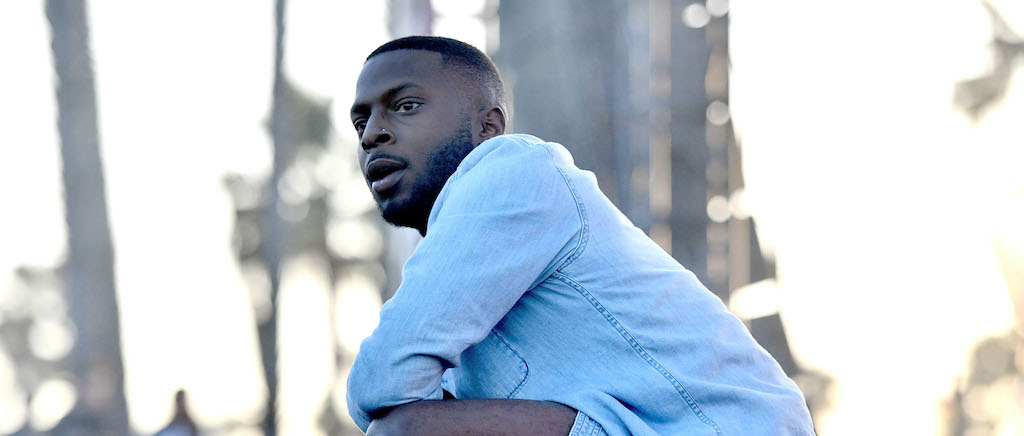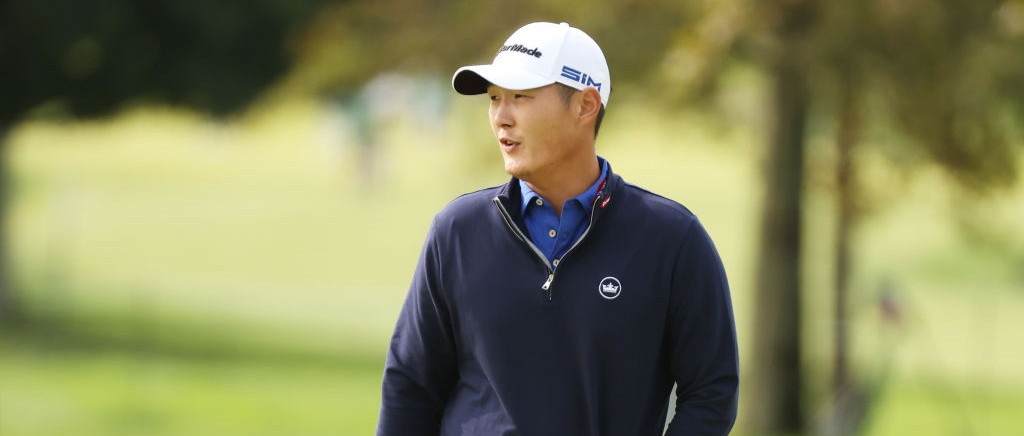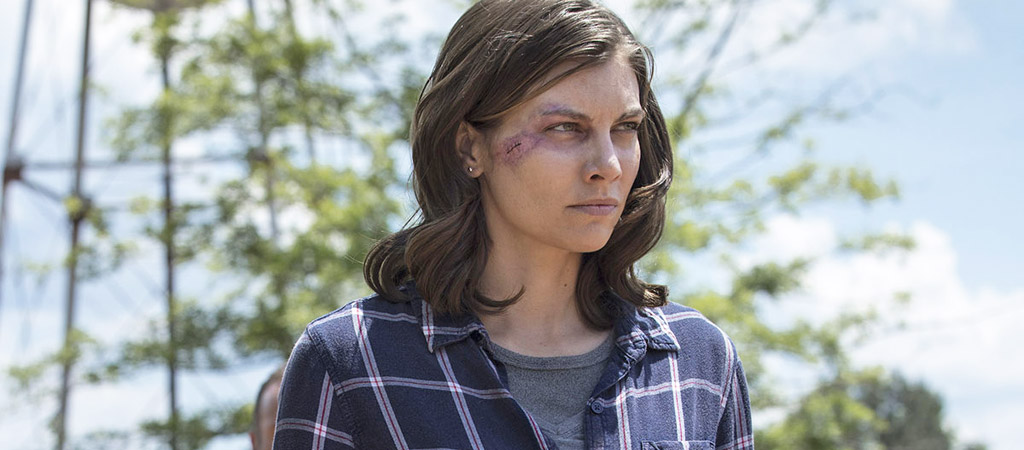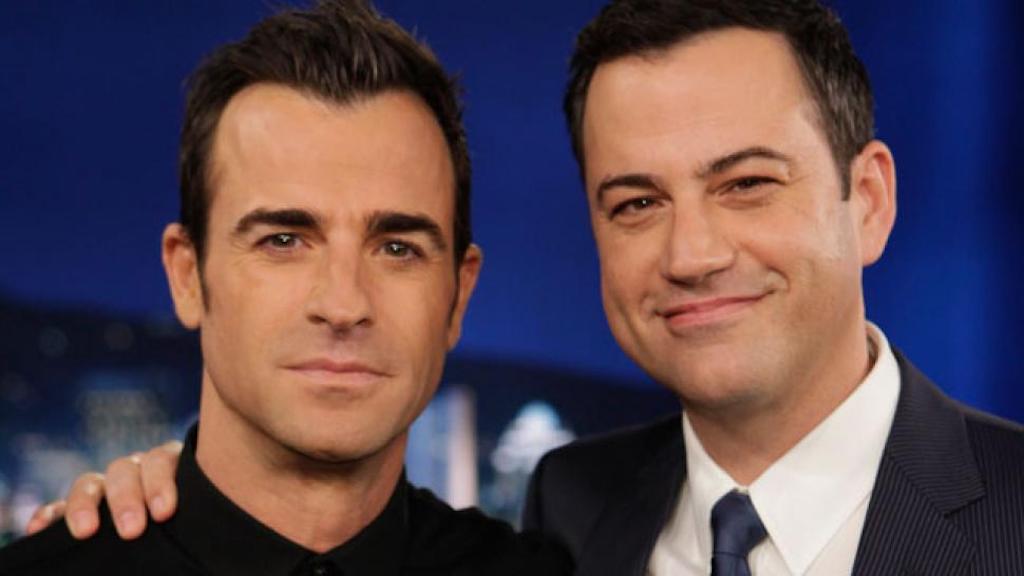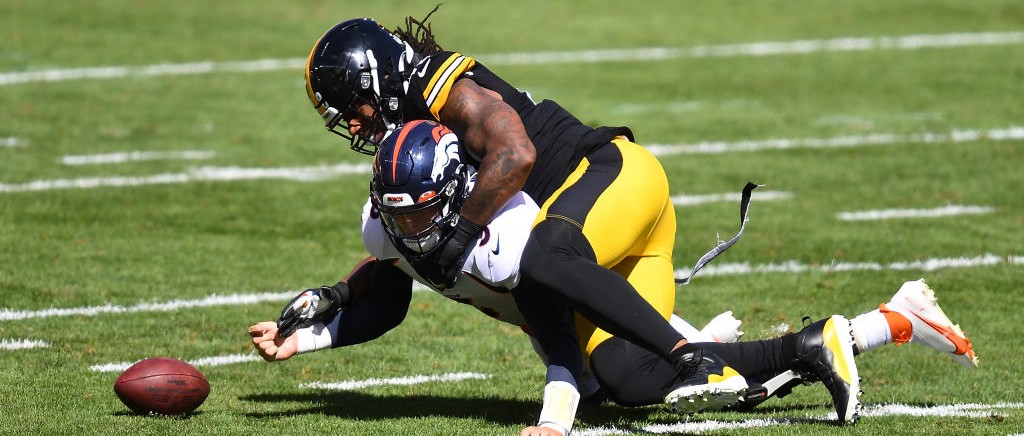
It was a day of injuries in the NFL on Sunday, as Week 2 saw a number of young star players go down with injuries. Nick Bosa left Niners-Jets with a left knee injury and Saquon Barkley left Giants-Bears with a right knee injury, with both being carted off of the field with serious concern about their status going forward.
In Pittsburgh, promising young starting quarterback Drew Lock also was knocked out of the game after suffering a right shoulder injury on a play in which he got hit and driven into the ground as he stumbled and fumbled the football.
The @steelers defense forces a turnover early in the game.@Bud_Dupree knocks it loose. @MikeHilton_28 recovers! #HereWeGo
: #DENvsPIT on CBS
: NFL app // Yahoo Sports app: https://t.co/gdttfTQjuY pic.twitter.com/hQBN5Xpge9
— NFL (@NFL) September 20, 2020
The Broncos announced in the second quarter that Lock’s day was officially done with a shoulder injury — although the specifics of the injury were not yet released. As such, Jeff Driskel took over as the Broncos starting quarterback as he tried to lead Denver back against Pittsburgh, but in the second quarter the already difficult task of being a backup trying to come in and lead the team got much more difficult when star rookie receiver Jerry Jeudy went down with an injury as well.
Jerry Jeudy fearless through traffic holding onto this despite Devin Bush laying the boom. Jeudy now down… pic.twitter.com/iSByyVd0n2
— Bobby Football (@RobPaulNFL) September 20, 2020
Jeudy’s status remains uncertain, but the two young stars of the Broncos offense that came into the season with such promise are both injured and the Denver faithful collectively hold their breath in hopes neither will be too severely hurt.
There was good news on the Jeudy front, at least, as he suffered a rib injury and was listed as probable to return.
Jerry Jeudy has a rib injury and the Broncos receiver’s return is probable
— Guy Junker (@GuyJunkerWTAE) September 20, 2020

